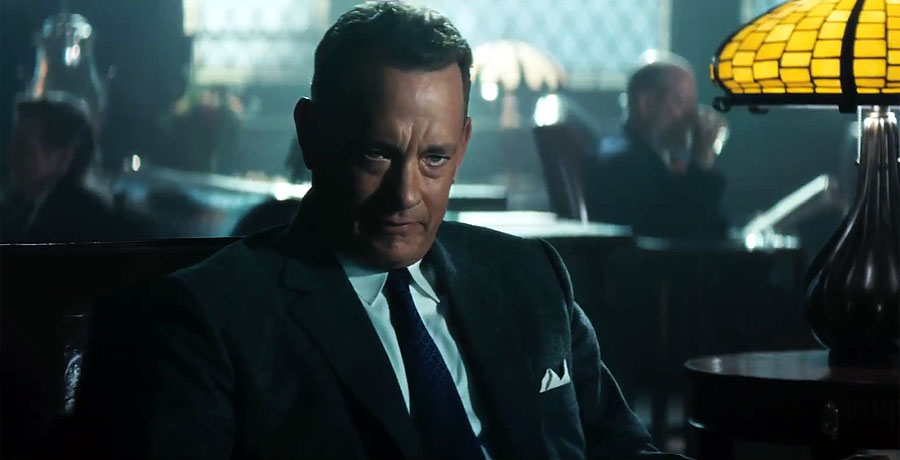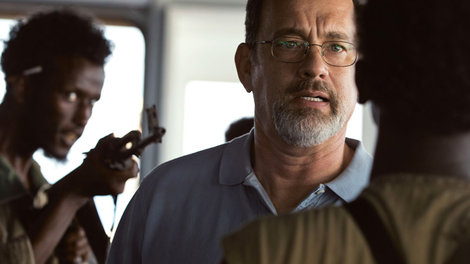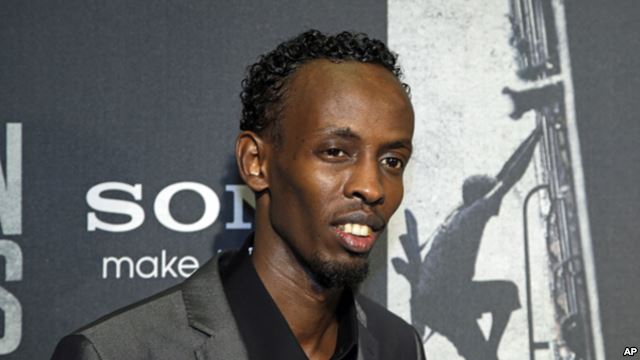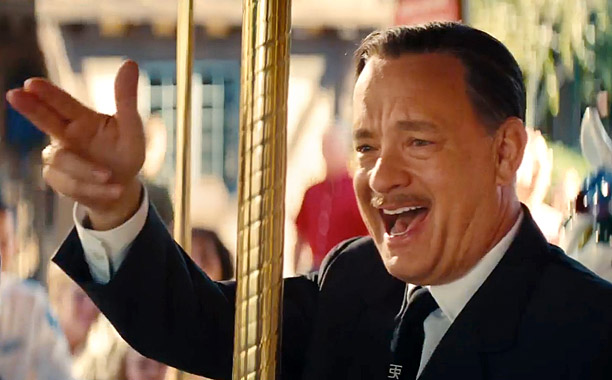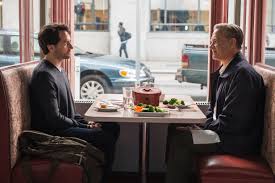
The Wife and I finally got around to streaming the pleasantly entertaining A Beautiful Day in the Neighborhood, with Tom Hanks as Mr. Rogers. I had already seen the recent documentary Won’t You Be My Neighbor?, which I’ll touch on a few paragraphs later.
In A Beautiful Day in the Neighborhood, the investigative journalist Lloyd Vogel (Matthew Rhys) is a notch-on-his-belt guy, who revels in bringing down the famous. When the subjects of his profiles read his articles about them, it’s the worst day of their lives. Despite his professional success, a smart and sexy wife (Susan Kelechi Watson) and a new baby, he’s profoundly unhappy. We learn that much of this stems from unresolved anger at his father (Chris Cooper).
To his disgust, Vogel is assigned to write a brief puff piece on that icon of niceness, Mr. Rogers. The movie is about Mr. Rogers trying to disarm Vogel’s cynicism by excavating Vogel’s daddy issues.
As written, Vogel’s emotional journey is a little too predictable for A Beautiful Day in the Neighborhood to be a great movie, but it’s emotionally satisfying.
Of course, Tom Hanks is a perfect Mr. Rogers. Rhys is okay.
If you want to appreciate a great actor’s work, watch the very first time we see Chris Cooper. He signals that he is intoxicated with a slightly unsteady step backwards, and goes on to a perfectly realistic drunk performance, without ever lapsing into a Foster Brooks broadness,
Susan Kelechi Watson is very winning as Vogel’s wife, not a particularly complex part, but her charisma makes me want to see more of her.
This is the best work so far from director Marielle Heller (Diary of a Teenage Girl, Can You Ever Forgive Me?). She adds just the perfect dashes of magical realism (dropping Vogel into the sets and among the characters of the TV show), which is a difficult thing to get right.
We get to meet the real Fred Rogers in the recent biodoc Won’t You Be My Neighbor? What is so surprising is that Rogers’ sometimes laughably gentle affect sprang from such internal ferocity. It turns that Rogers was a man who hated, hated, hated the moral emptiness and materialism of commercial children’s television.
In theaters, Won’t You Be My Neighbor submerged audiences in their hankies. I did choke up three times during A Beautiful Day in the Neighborhood, but Won’t You Be My Neighbor? was pretty much one long ugly cry for me.
Streaming Won’t You Be My Neighbor? is included with subscriptions to HBO and DirecTV, and the stream can be purchased for $14.99 from all major streaming platforms. A Beautiful Day in the Neighborhood is available to stream from all the usual outlets; I paid Amazon $2.99.


